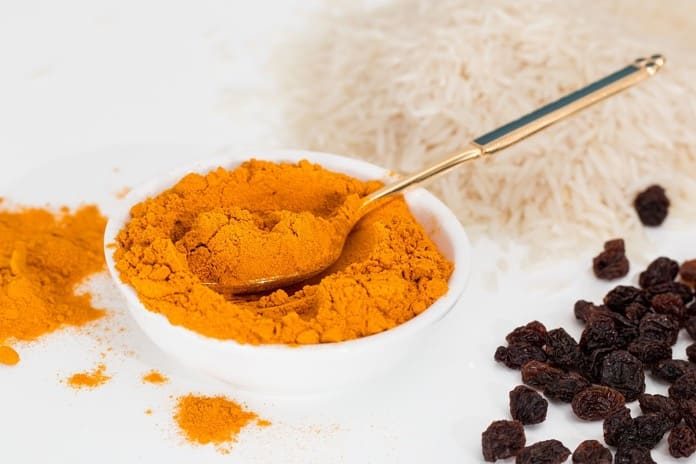A recent study investigated a unique signaling pathway that might contribute to exercise intolerance in chronic heart failure.
Chronic heart failure occurs when a weakened or damaged heart is unable to pump blood effectively throughout the body. The primary cause of chronic heart failure is myocardial infarction, commonly referred to as a heart attack, which occurs due to a blockage of the coronary arteries that supply blood and oxygen to the heart tissue.
Chronic heart failure is often associated with exercise intolerance, which negatively affects a patient’s quality of life and worsen health outcomes. In the past, reduced exercise capacity in patients was thought to be caused by the reduction of blood to the skeletal muscles. However, researchers found that strategies that improve heart function and blood flow did not necessarily translate into improved exercise capacity. Instead, more recent studies have shown that muscle atrophy, defined as the loss of muscle mass, and increased oxidative stress might contribute to reduced exercise capacity in patients with heart failure.
In a recent study, published in the Journal of Applied Physiology, Wafi and colleagues hypothesized that a protein involved in producing antioxidant enzymes impairs skeletal muscle in stress associated with chronic heart failure. This protein is called nuclear factor E2-related factor (Nrf2). They further proposed that curcumin, a known activator of the Nrf2 protein and a commonly used curry spice, would improve exercise performance.
To test these hypotheses, the authors induced chronic heart failure (CHF) in mice by surgically tying off a main coronary artery to mimic at heart attack. They also conducted surgery on another group of mice but did not tie off the coronary artery to account for any surgery-associated effects. These latter mice are called sham.
The CHF and sham groups were each divided further into two groups of mice, one of which were given curcumin while the others were given a vehicle control. In summary, there were four unique groups of mice:
- CHF-vehicle treated
- CHF-curcumin treated
- Sham-vehicle treated
- Sham-curcumin treated
The authors found that mice with CHF exhibited a lower maximal speed on the treadmill, exhausted faster, and had a lower limb grip force, compared to sham controls. Curcumin-treated CHF mice, however, displayed improved performance when compared to CHF-vehicle treated mice. Furthermore, CHF mice also exhibited reduced force and rapid fatigue of the soleus and extensor digitorum longus muscles.
Again, curcumin administration restored muscle force and prevented rapid fatigue. Finally, the authors demonstrated that the positive effects of curcumin on CHF mice were attributed to improved Nrf2 signaling and not due to improved cardiac function.
In conclusion, the data reaffirmed the authors’ hypothesis that impaired Nrf2 signaling in skeletal muscle of CHF mice contributes to exercise intolerance. More specifically, impaired Nrf2 signaling prevents the skeletal muscle from defending itself against CHF-associated oxidative stress, which likely affects skeletal muscle performance and reduces exercise capacity.
These findings were further strengthened by the notion that curcumin, a Nrf2 signaling promoter, improved exercise capacity in mice with chronic failure without noticeable improvements in heart function and blood flow. Collectively, the authors found that targeting the Nrf2 signaling pathway may improve exercise capacity and overall quality of life in patients with chronic heart failure.
Written by Haisam Shah, BSc
Reference: Wafi, A. M., Hong, J., Rudebush, T. L., Yu, L., Hackfort, B. T., Wang, H. J., … & Gao, L. (2018). Curcumin Improves Exercise Performance of Mice with Coronary Artery Ligation Induced HFrEF: Nrf2 and Antioxidant Mechanisms in Skeletal Muscle. Journal of Applied Physiology.



